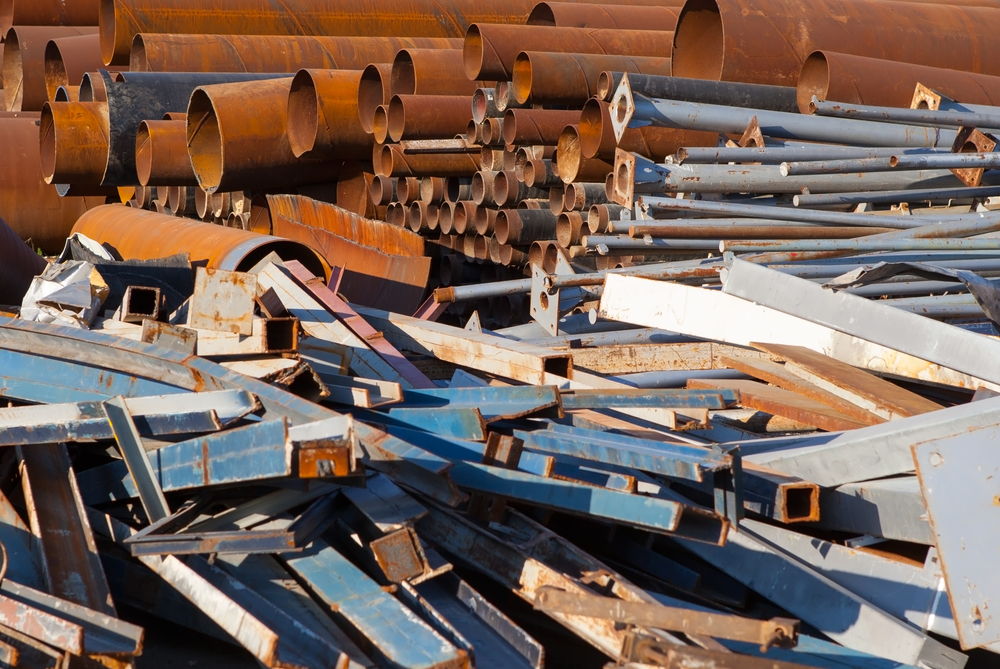Scrap Metal 101: The Magnet Test
 If you’re planning on recycling your scrap metal, one of the easiest ways to start your recycling program and maximize your scrap metal profits is by sorting your ferrous metals from your non-ferrous metals.
If you’re planning on recycling your scrap metal, one of the easiest ways to start your recycling program and maximize your scrap metal profits is by sorting your ferrous metals from your non-ferrous metals.
But how do you tell the difference between these types of metals, especially if they’ve been painted or are corroded? One of the easiest ways to tell the difference between these classes of metals is by using a magnet test.
Here’s how to perform a magnet test on your scrap metals:
How to Perform a Magnet Test on Your Scrap Metal
- Find a magnet to check your metals. It can be any kind of magnet, from a cheap advertising refrigerator magnet to much more complicated, industrial magnets. Scrap metal services that accept fine metals, even have magnets that are used to determine gold content.
- Locate a small piece of the metal that you want to test. If it’s coated with insulation or highly corroded, you will probably want to clean it by either removing the insulation or using a wire brush to clean off the corrosion and reveal the surface of the metal beneath the corrosion.
- Place the magnet on the sample and tip it upright or try to pull the magnet away from the metal. If the sample remains attached or resists being pulled off, it’s a ferrous metal, such as steel, iron, nickel or cobalt. Be aware that magnets can stick to some non-metal surface, such as ferrite ceramics.
- Don’t assume that if it doesn’t stick, it isn’t a ferrous metal. Some forms of stainless steels, such as 304, isn’t magnetic! This is because the way the alloy is formed creates a crystalline structure that prevents electrons in the compound from moving into the proper orientation to attract magnets.
- Though the magnet test won’t provide perfect results, it works well for sorting the vast majority of ferrous metals.
Another simple test is whether the metal rusts, as only ferrous metals will rust. If you’re having trouble determining whether a metal is ferrous or not, your local scrap service can help provide answers about what you have on hand.
Because we make it our business to know scrap metals, we’re able to help determine hard-to-identify metals. If you would like a consultation on minimizing your overhead by improving your scrap metals program, please contact us! We would be more than happy to help set up a comprehensive scrap metal recycling program that gives your business excellent benefits.

Comments are closed